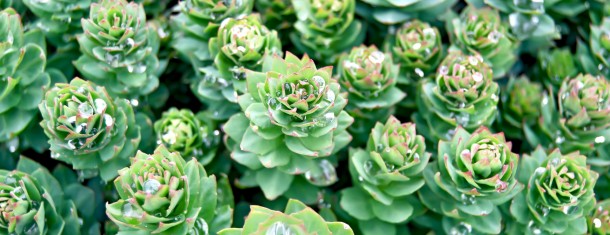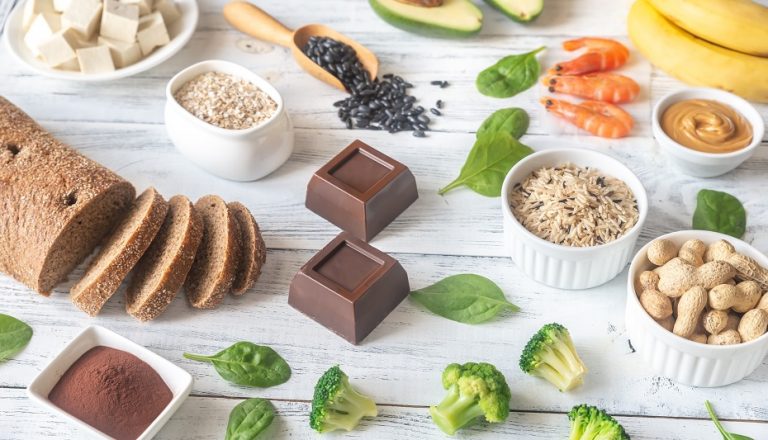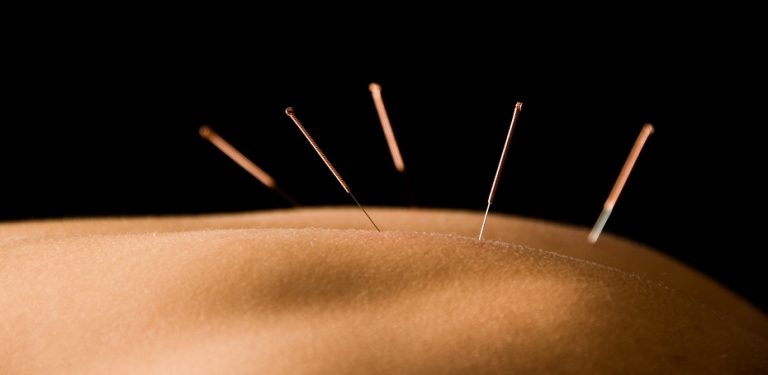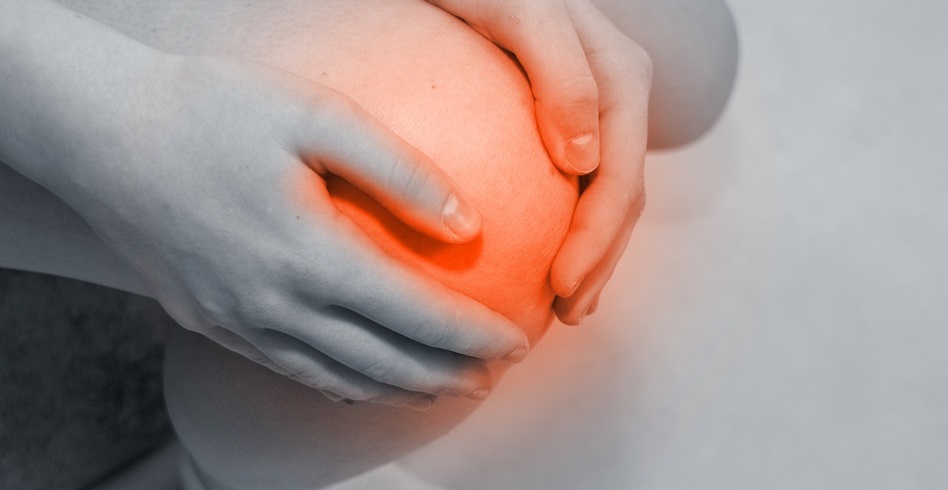

An Adaptable Herb
Rhodiola is classified as an “adaptogen”, which means that it is a herb which can assist the body in dealing with stress, help to maintain vitality and improve strength in general.
How Rhodiola Works
Rhodiola has several active constituents, including rosavin and salidroside, among others, which are believed to give Rhodiola it’s stress-fighting properties1. Rhodiola’s mechanism of action is suspected to be largely through neurotransmission, including serotonin, dopamine and adrenaline modulation2. My experience has been that this herb has a balancing effect on mood, energy, stress and can be a helpful adjunct to stress management techniques in people who are feeling the pinch of stress or exhaustion.

Conditions Treated
There has been encouraging clinical research performed on Rhodiola over the past two decades, including trials showing beneficial effects on fatigue3,4,5,6,7,8, general well-being9, mild to moderate depression10, generalized anxiety disorder11, muscle damage during exercise12 and improved endurance exercise performance13. The available research has been quite supportive of the traditional uses of the herb and has even found some new clinical uses.
Safety
There are no known major adverse effects of Rhodiola and the reported adverse effects, including dry mouth and dizziness, have been mild at standard doses10,11. Rhodiola should be not be used during pregnancy due to a lack of safety data in pregnancy. As with all herbal medicines, interactions with medications are possible. Please consult with your naturopathic doctor before starting any new herbal treatment.
References
- Petkov VD, Yonkov D, Mosharoff A, Kambourova T, Alova L, Petkov VV, Todorov I.
Effects of alcohol aqueous extract from Rhodiola rosea L. roots on learning and memory. Acta Physiol Pharmacol Bulg. 1986;12(1):3-16. - Stancheva SL, Mosharrof A. Effect of the extract of Rhodiola rosea L. on the content of the brain biogenic monamines. Med Physiol. 1987;40:85-87.
- Edwards D, Heufelder A, Zimmermann A. Therapeutic effects and safety of Rhodiola rosea extract WS® 1375 in subjects with life-stress symptoms–results of an open-label study. Phytother Res. 2012 Aug;26(8):1220-5.
- Olsson EM, von Schéele B, Panossian AG. A randomised, double-blind, placebo-controlled, parallel-group study of the standardised extract shr-5 of the roots of Rhodiola rosea in the treatment of subjects with stress-related fatigue. Planta Med. 2009 Feb;75(2):105-12.
- Shevtsov VA, Zholus BI, Shervarly VI, Vol’skij VB, Korovin YP, Khristich MP, Roslyakova NA, Wikman G. A randomized trial of two different doses of a SHR-5 Rhodiola rosea extract versus placebo and control of capacity for mental work. Phytomedicine. 2003 Mar;10(2-3):95-105.
- Darbinyan V, Kteyan A, Panossian A, Gabrielian E, Wikman G, Wagner H. Rhodiola rosea in stress induced fatigue–a double blind cross-over study of a standardized extract SHR-5 with a repeated low-dose regimen on the mental performance of healthy physicians during night duty. Phytomedicine. 2000 Oct;7(5):365-71.
- Spasov AA, Wikman GK, Mandrikov VB, Mironova IA, Neumoin VV. A double-blind, placebo-controlled pilot study of the stimulating and adaptogenic effect of Rhodiola rosea SHR-5 extract on the fatigue of students caused by stress during an examination period with a repeated low-dose regimen. Phytomedicine. 2000 Apr;7(2):85-9.
- Spasov AA, Mandrikov VB, Mironova IA. The effect of the preparation rodakson on the psychophysiological and physical adaptation of students to an academic load. Eksp Klin Farmakol. 2000 Jan-Feb;63(1):76-8.
- Parisi A, Tranchita E, Duranti G, Ciminelli E, Quaranta F, Ceci R, Cerulli C, Borrione P, Sabatini S. Effects of chronic Rhodiola Rosea supplementation on sport performance and antioxidant capacity in trained male: preliminary results. J Sports Med Phys Fitness. 2010 Mar;50(1):57-63.
- Darbinyan V, Aslanyan G, Amroyan E, Gabrielyan E, Malmström C, Panossian A. Clinical trial of Rhodiola rosea L. extract SHR-5 in the treatment of mild to moderate depression. Nord J Psychiatry. 2007;61(5):343-8.
- Bystritsky A, Kerwin L, Feusner JD. A pilot study of Rhodiola rosea (Rhodax) for generalized anxiety disorder (GAD). J Altern Complement Med. 2008 Mar;14(2):175-80.
- Parisi A, Tranchita E, Duranti G, Ciminelli E, Quaranta F, Ceci R, Cerulli C, Borrione P, Sabatini S. Effects of chronic Rhodiola Rosea supplementation on sport performance and antioxidant capacity in trained male: preliminary results. J Sports Med Phys Fitness. 2010 Mar;50(1):57-63.
- De Bock K, Eijnde BO, Ramaekers M, Hespel P. Acute Rhodiola rosea intake can improve endurance exercise performance. Int J Sport Nutr Exerc Metab. 2004 Jun;14(3):298-307.


